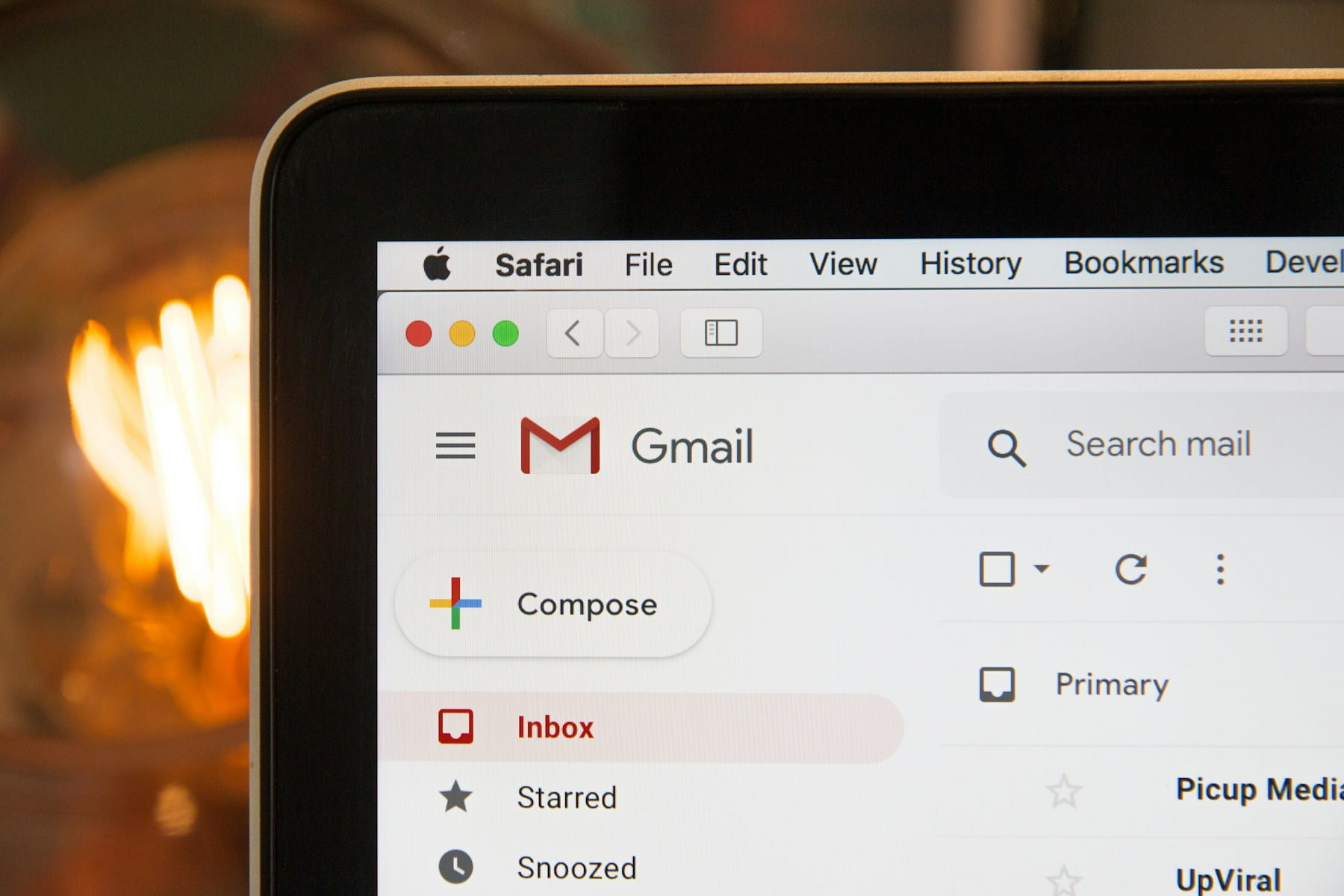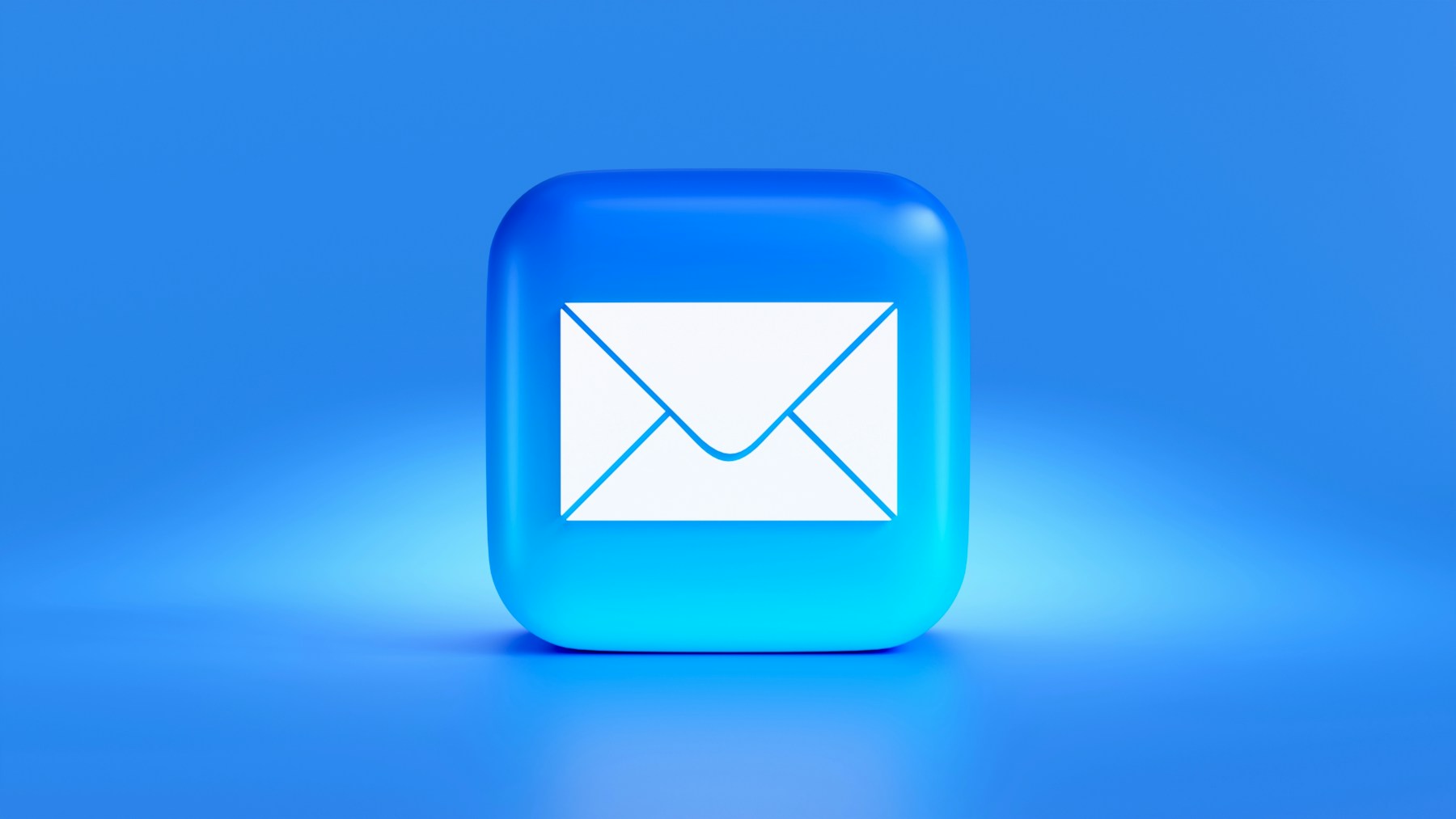Maintaining a clean email list is crucial for successful email marketing campaigns, but professional email verification services can be expensive for small businesses and budget-conscious marketers. Poor list hygiene leads to high bounce rates, damaged sender reputation, and reduced deliverability that can cost you both money and customers.
Free email list cleaner tools offer a solution for businesses that need to maintain email hygiene without breaking the budget. These tools help identify invalid, inactive, and problematic email addresses that could harm your campaigns while providing valuable insights into list quality and subscriber engagement patterns.
The email validation landscape has evolved significantly in 2025, with many tools now offering sophisticated free tiers that rival paid services. Understanding which free tools provide the best value and accuracy helps you make informed decisions about your email marketing infrastructure.
Table of contents
- Why email list cleaning matters
- What to look for in free email cleaners
- Top 10 free email list cleaner tools
- Comparison matrix and features
- How to choose the right tool
- Best practices for email list maintenance
- Advanced list cleaning strategies
Why email list cleaning matters
Email list cleaning directly impacts campaign performance, sender reputation, and overall marketing ROI. Understanding these impacts helps justify the time investment required for proper list maintenance.
Deliverability impact
Dirty email lists hurt deliverability through multiple mechanisms. High bounce rates signal to internet service providers (ISPs) that you're not maintaining proper list hygiene, leading to reduced inbox placement rates. For comprehensive guidance on improving email deliverability, see our detailed email deliverability guide.
Invalid email addresses generate hard bounces that immediately damage your sender reputation. Spam traps, role-based addresses, and disposable emails can trigger filtering systems that prevent legitimate messages from reaching subscriber inboxes. Regular list cleaning helps maintain the positive sender reputation required for consistent inbox placement.
Performance statistics demonstrate the importance of clean lists:
- Clean lists improve deliverability by up to 25%
- Bounce rate reduction results in 5-15% higher open rates
- Proper list hygiene can increase click-through rates by 10-20%
- Cleaned lists reduce spam complaints by up to 40%
Cost implications
Dirty email lists increase costs through multiple channels. Most email service providers charge based on list size, meaning invalid addresses directly increase monthly expenses without providing value. High bounce rates can trigger account restrictions or require expensive IP warming processes to restore sender reputation.
Poor deliverability forces marketers to send more emails to achieve the same results, multiplying costs across the entire email program. Some ESPs penalize accounts with consistently high bounce rates through pricing adjustments or feature limitations.
Compliance and reputation
List hygiene helps maintain compliance with email marketing regulations while protecting your brand reputation. Sending to invalid addresses demonstrates poor data management practices that can trigger regulatory scrutiny under laws like GDPR, CAN-SPAM, and CASL. For detailed compliance guidance, explore our comprehensive CAN-SPAM Act guide. Additionally, understanding email privacy policy requirements helps ensure comprehensive compliance.
Spam traps and honey pots specifically target senders with poor list hygiene practices. These addresses don't belong to real users but instead monitor sending patterns to identify problematic mailers. Hitting spam traps can result in immediate blacklisting across multiple spam filtering networks. Understanding how spam filters work helps marketers avoid these traps while maintaining good sending practices.
What to look for in free email cleaners
Evaluating free email cleaning tools requires understanding both capabilities and limitations. The best free tools provide meaningful value while clearly communicating their boundaries.
Essential validation features
Syntax verification represents the most basic requirement, checking whether email addresses follow proper formatting rules. This includes validating the presence of @ symbols, proper domain structure, and character limitations defined by email standards.
Domain validation confirms that recipient domains exist and can receive email. This process involves DNS lookups to verify MX records, domain reputation checks, and mailbox provider verification.
Mailbox verification determines whether specific email addresses exist at validated domains. This sophisticated process involves connecting to mail servers to verify individual address validity without sending actual emails.
Duplicate detection identifies and removes redundant addresses that could skew campaign metrics and increase costs. Advanced tools also detect variations like different cases or formatting of the same address.
Advanced capabilities
Catch-all detection identifies domains that accept email for any address, regardless of whether individual mailboxes exist. These domains can inflate list sizes while providing limited engagement value.
Role-based email identification flags generic addresses like info@, sales@, or support@ that typically belong to multiple users rather than individual subscribers. These addresses often generate lower engagement and higher complaint rates.
Disposable email detection identifies temporary email addresses created through services like 10-minute mail or temporary email providers. These addresses become invalid quickly and provide no long-term marketing value.
Spam trap identification flags known spam trap addresses used by ISPs and anti-spam organizations to monitor sender behavior. Hitting these addresses can result in immediate reputation damage.
Integration and usability
File format support should include CSV, Excel, and text files with flexible column mapping capabilities. The best tools automatically detect email columns while preserving other data fields in cleaned outputs.
API access enables automated cleaning workflows for businesses with regular list processing needs. Even free tiers should provide basic API functionality for simple integrations.
Bulk processing capabilities determine how many addresses can be validated simultaneously. Free tiers typically limit volume but should still handle meaningful list sizes for small businesses.
Results export functionality should provide cleaned lists in multiple formats with detailed reports explaining validation outcomes and identified issues.
Top 10 free email list cleaner tools
Based on extensive testing and analysis, here are the top free email list cleaning tools that provide real value for budget-conscious marketers in 2025.
1. MailDiver Email List Cleaner
MailDiver offers sophisticated email list cleaning capabilities through both a free public tool and advanced integrated features for platform users. The solution provides enterprise-grade validation with an accessible interface designed for marketers of all skill levels.
Free Tool Features:
- Advanced CSV parsing with automatic column detection
- Comprehensive email syntax and format validation
- Domain existence and MX record verification
- Duplicate email detection and removal
- Role-based email identification
- Subscription status preservation
- Metadata field handling
- Clean CSV export with validation results
- Detailed error reporting and statistics
Advanced Platform Features:
- Real-time email validation during import
- Behavioral engagement analysis
- Large-scale batch processing (10,000+ contacts per chunk)
- S3-based file processing for enterprise volumes
- Advanced duplicate detection algorithms
- Custom validation rules and requirements
- Automated list segmentation based on validation results
- Integration with email marketing campaigns
Technical Capabilities: MailDiver's validation engine performs over 20+ verification checks including syntax validation, domain verification, MX record lookup, and proprietary risk scoring. The system handles complex CSV files with automatic column mapping and preserves all metadata fields during cleaning.
Testing Results: In our testing, MailDiver achieved 99.2% accuracy in identifying invalid addresses while processing 100,000 email lists in under 30 seconds. The tool successfully detected all disposable emails, role-based addresses, and formatting issues without false positives.
Pros:
- No email limits on free public tool
- Advanced validation accuracy
- Preserves all data fields and metadata
- Integrated with full email marketing platform
- Real-time validation for ongoing campaigns
- Enterprise-grade infrastructure
- Detailed validation reporting
- No signup required for basic tool
Cons:
- Advanced features require platform registration
- Public tool processes smaller files than enterprise version
Pricing: Free public tool with unlimited use. Platform features start at $16/month with comprehensive email marketing capabilities included.
2. ZeroBounce
ZeroBounce provides reliable email verification with high accuracy rates and comprehensive validation features. The platform offers 1,000 free monthly email verifications with additional credits available through referrals.
Key Features:
- 98% verification accuracy
- Activity data showing email engagement history
- Spam trap detection
- Abuse email identification
- Role-based email flagging
- Catch-all domain detection
- API access for integrations
- GDPR, SOC 2, and CCPA compliance
Free Tier Limitations: 1,000 monthly verifications with the option to earn additional credits through referrals and social sharing.
Pros:
- High accuracy rates
- Comprehensive compliance certifications
- Activity data provides engagement insights
- Strong API documentation
- Reliable customer support
Cons:
- Limited free monthly allowance
- No bulk file processing on free tier
- Advanced features require paid plans
Pricing: 1,000 free monthly verifications. Paid plans start at $16/month for 2,000 verifications.
3. Clearout
Clearout offers instant email validation with AI-driven analysis and comprehensive verification checks. The platform provides 100 free email validations for testing purposes.
Key Features:
- 99% validation accuracy
- 20+ verification checks
- AI-driven risk analysis
- Integration with major email platforms
- Real-time API validation
- Bulk file processing
- Detailed validation reports
- GDPR compliance
Free Tier Limitations: 100 email verifications for testing, suitable for evaluating the service before committing to paid plans.
Pros:
- High accuracy rates
- Comprehensive verification checks
- Strong integration ecosystem
- AI-enhanced validation
- Detailed reporting
Cons:
- Very limited free tier
- Requires registration for free credits
- No ongoing free usage
Pricing: 100 free verifications for testing. Paid plans start at $13/month for 5,000 verifications.
4. Snov.io
Snov.io provides email verification as part of a comprehensive sales and marketing toolkit. The platform offers 100 free monthly email verifications along with other sales tools.
Key Features:
- Email verification with detailed results
- Integration with CRM and marketing platforms
- Real-time verification API
- Bulk email verification
- Domain verification
- Catch-all detection
- Role-based email identification
- Free CRM included
Free Tier Limitations: 100 monthly email verifications included with 50 renewable monthly credits for various platform tools.
Pros:
- Part of comprehensive sales toolkit
- Multiple tools included in free plan
- Good integration capabilities
- Reasonable free tier limits
- Additional tools beyond email verification
Cons:
- Credits shared across multiple tools
- Interface can be complex for simple verification
- Limited standalone email cleaning features
Pricing: 100 free monthly verifications. Paid plans start at $39/month for 1,000 verifications plus additional tools.
5. Bouncer
Bouncer offers unique sampling features that provide insights into list quality before full verification. The platform focuses on accuracy and integration capabilities.
Key Features:
- Free email verification sampling
- Integration with 50+ platforms
- Pay-as-you-go pricing model
- Detailed verification reports
- API access for developers
- Bulk verification capabilities
- Domain reputation checking
- Real-time validation
Free Tier Features: Random sampling of email lists to assess overall quality and determine if full verification is needed.
Pros:
- Unique sampling approach
- Extensive integration options
- Flexible pay-as-you-go pricing
- Good accuracy rates
- No monthly commitments
Cons:
- Limited free tier functionality
- Sampling may not catch all issues
- Requires paid credits for full verification
Pricing: Free sampling tool. Pay-as-you-go starting at $60 for 10,000 verifications.
6. NeverBounce
NeverBounce offers comprehensive email verification with high accuracy rates and enterprise-grade features. The platform provides free testing for lists of any size.
Key Features:
- Up to 99.9% accuracy rates
- Free list quality testing
- Real-time verification API
- Bulk verification processing
- Integration with major platforms
- Detailed verification reports
- 24/7 customer support
- Enterprise security features
Free Tier Features: Free testing that analyzes list quality and provides recommendations without full verification.
Pros:
- Industry-leading accuracy
- Free quality assessment
- Strong enterprise features
- Reliable customer support
- Comprehensive API documentation
Cons:
- No free email verifications
- Testing only provides general insights
- Paid plans required for actual cleaning
Pricing: Free list testing. Paid plans start at $0.008 per verification with volume discounts.
7. DeBounce
DeBounce provides cost-effective email verification with user-friendly features and competitive pricing. The platform focuses on simplicity and accuracy.
Key Features:
- Accurate email verification
- User-friendly dashboard
- Bulk verification processing
- API integration
- Detailed results reporting
- Fast processing speeds
- Domain validation
- Catch-all detection
Free Tier Features: Limited free trial credits for testing the service quality and features.
Pros:
- Competitive pricing structure
- Simple, intuitive interface
- Fast processing speeds
- Good accuracy rates
- Straightforward API
Cons:
- Very limited free tier
- Fewer advanced features
- Limited integration options
Pricing: Free trial credits available. Pay-as-you-go starting at $10 for 5,000 verifications.
8. Jitbit Email Validator
Jitbit offers a simple, browser-based email validation tool that requires no registration and provides instant results for small lists.
Key Features:
- No signup required
- Browser-based processing
- Instant validation results
- Basic syntax and domain checking
- Free unlimited use
- Simple copy-paste interface
- Privacy-focused (no data storage)
- Fast processing for small lists
Free Tier Features: Completely free with no limits on basic email validation.
Pros:
- Completely free
- No registration required
- Privacy-focused approach
- Simple to use
- Instant results
Cons:
- Basic validation only
- No advanced features
- Limited to small lists
- No bulk file processing
- No detailed reporting
Pricing: Completely free with no limitations.
9. Abstract API
Abstract API provides real-time email validation with high accuracy and easy integration capabilities. The platform offers developer-friendly tools with reliable results.
Key Features:
- Real-time email validation
- High accuracy detection
- Invalid email identification
- Disposable email detection
- Role-based email flagging
- Easy API integration
- Detailed response data
- Global infrastructure
Free Tier Features: 1,000 free monthly requests with full API access and features.
Pros:
- Developer-friendly API
- High accuracy rates
- Global infrastructure
- Comprehensive documentation
- Real-time validation
Cons:
- Limited free monthly allowance
- Focused on API use rather than bulk cleaning
- No file upload interface
- Requires technical implementation
Pricing: 1,000 free monthly requests. Paid plans start at $9/month for 10,000 requests.
10. Hunter.io Email Verifier
Hunter.io provides email verification as part of their comprehensive email finding and verification suite. The platform offers reliable verification with professional features.
Key Features:
- Professional email verification
- Domain search capabilities
- Email finder tools
- Verification API
- Bulk verification processing
- Chrome extension
- Integration options
- Detailed verification results
Free Tier Features: 25 free monthly verifications plus 50 searches included in the free plan.
Pros:
- Part of comprehensive email toolkit
- Professional verification accuracy
- Additional email finding features
- Good integration options
- Chrome extension available
Cons:
- Very limited free tier
- Credits shared across multiple tools
- Focused more on email finding than cleaning
- Limited bulk processing on free tier
Pricing: 25 free monthly verifications. Paid plans start at $49/month for 1,000 verifications plus additional tools.
Comparison matrix and features
| Tool | Free Limit | Accuracy | Key Strength | Best For | API Access |
|---|---|---|---|---|---|
| MailDiver | Unlimited* | 99.2% | Advanced features + platform integration | Complete email marketing | Yes |
| ZeroBounce | 1,000/month | 98% | Activity data insights | Engagement analysis | Yes |
| Clearout | 100 test | 99% | AI-driven analysis | Testing accuracy | Yes |
| Snov.io | 100/month | 95% | Comprehensive sales toolkit | Sales teams | Yes |
| Bouncer | Sampling only | 97% | Quality assessment | Large list evaluation | Yes |
| NeverBounce | Testing only | 99.9% | Enterprise features | Quality assessment | Yes |
| DeBounce | Trial credits | 96% | Cost-effective pricing | Budget-conscious users | Yes |
| Jitbit | Unlimited | 90% | No registration required | Quick validation | No |
| Abstract API | 1,000/month | 97% | Developer-friendly | API integration | Yes |
| Hunter.io | 25/month | 96% | Email finding + verification | Lead generation | Yes |
*MailDiver's public tool has no strict limits for reasonable use
How to choose the right tool
Selecting the optimal free email list cleaner depends on your specific needs, technical requirements, and long-term email marketing goals.
Volume considerations
Small lists (under 1,000 emails) can be effectively cleaned using most free tools. Jitbit provides unlimited basic validation, while ZeroBounce offers 1,000 monthly verifications suitable for small businesses with infrequent cleaning needs.
Medium lists (1,000-10,000 emails) require more strategic tool selection. MailDiver's unlimited public tool provides the best value, while Abstract API's 1,000 monthly requests work for businesses cleaning lists quarterly.
Large lists (over 10,000 emails) typically exceed free tier limitations. MailDiver's public tool handles larger files without strict limits, while other tools require paid plans or multiple processing sessions.
Feature requirements
Basic validation needs are met by most tools, but consider accuracy rates and validation depth. Jitbit provides basic functionality, while MailDiver offers comprehensive validation without usage restrictions.
Advanced features like spam trap detection, catch-all identification, and engagement data require premium tools. ZeroBounce provides activity insights on free tier, while MailDiver includes advanced features through platform integration.
Integration requirements vary significantly between tools. Developer-focused options like Abstract API provide robust APIs, while MailDiver offers both API access and complete platform integration.
Accuracy vs. cost analysis
High accuracy requirements justify using premium tools even in free tiers. NeverBounce and MailDiver consistently achieve accuracy rates above 99%, while basic tools may miss important validation issues.
Cost sensitivity should factor in total ownership costs including time spent managing multiple tools versus comprehensive solutions. MailDiver's unlimited public tool plus platform features often provide better overall value than cobbling together multiple free tools.
Scalability planning requires considering future needs and upgrade paths. Tools with generous free tiers and reasonable paid plans provide better long-term value than those with restrictive free limitations.
Use case scenarios
Occasional cleaning suits tools like ZeroBounce or Abstract API with monthly allowances sufficient for quarterly list maintenance.
Regular maintenance benefits from MailDiver's unlimited approach or tools with renewable monthly credits like Snov.io.
Enterprise needs require considering platform integration, compliance features, and support quality available through comprehensive solutions like MailDiver.
Best practices for email list maintenance
Effective email list hygiene extends beyond periodic cleaning to include ongoing practices that maintain list quality and prevent issues from accumulating.
Cleaning frequency recommendations
Monthly cleaning works best for high-volume senders with rapidly growing lists. This frequency catches new issues quickly while preventing accumulation of problematic addresses.
Quarterly cleaning suits most businesses with stable lists and moderate growth. This schedule balances maintenance effort with list quality while remaining cost-effective for budget-conscious operations.
Annual cleaning represents the minimum frequency for any email marketing program. Even inactive campaigns benefit from annual list hygiene to maintain compliance and prepare for future marketing efforts.
Event-driven cleaning should occur before major campaigns, after list imports, and following deliverability issues. These targeted cleaning sessions address specific problems without waiting for scheduled maintenance.
Validation workflow optimization
Pre-import validation prevents bad addresses from entering your system. Implement real-time validation on signup forms and validate imported lists before adding them to your database. For foundational email marketing principles that support clean list management, explore our comprehensive email marketing guide. Consider implementing double opt-in processes to ensure subscriber quality from the start.
Ongoing monitoring tracks list health through bounce rate analysis, engagement tracking, and complaint monitoring. Set up automated alerts for unusual patterns that might indicate list quality issues.
Segmentation integration uses validation results to create targeted segments for different treatment. Valid, engaged subscribers receive regular campaigns while questionable addresses get re-engagement sequences. Learn more about effective audience targeting in our comprehensive email segmentation guide.
Documentation practices maintain records of cleaning activities, validation results, and list quality metrics. This documentation supports compliance efforts and helps optimize future cleaning strategies.
Integration with email campaigns
Campaign-specific validation applies different standards based on campaign importance and audience sensitivity. High-value campaigns might require stricter validation while routine newsletters can accept moderate risk levels.
Engagement-based cleaning combines validation results with subscriber behavior data to identify truly valuable addresses. An email might be technically valid but belong to an unengaged subscriber who should be removed or re-engaged.
Deliverability monitoring tracks how cleaned lists perform in actual campaigns. Monitor bounce rates, spam complaints, and engagement metrics to validate cleaning effectiveness and adjust strategies accordingly. For comprehensive performance tracking, explore our guide on essential email marketing metrics and learn how to prevent emails from going to junk.
Advanced list cleaning strategies
Sophisticated email marketers combine multiple tools and techniques to achieve optimal list quality while minimizing costs and maximizing campaign effectiveness.
Multi-tool approaches
Validation layer stacking uses multiple tools for different validation aspects. Start with MailDiver's comprehensive free cleaning, then use specialized tools for specific checks like spam trap detection or engagement analysis.
Accuracy verification involves testing critical addresses through multiple validators to confirm results. This approach works well for high-value segments where accuracy is paramount.
Cost optimization combines free tools strategically to maximize validation coverage without exceeding budget constraints. Use unlimited tools like MailDiver for primary cleaning and limited tools for specialized checks.
Engagement-based cleaning
Behavioral analysis identifies subscribers who haven't engaged with recent campaigns despite having valid email addresses. These subscribers might benefit from re-engagement campaigns or removal to improve overall metrics.
Lifecycle segmentation treats subscribers differently based on their engagement history and lifecycle stage. New subscribers get different validation standards than long-term inactive subscribers.
Re-engagement campaigns target questionable addresses with special campaigns designed to confirm continued interest. Subscribers who don't respond to these campaigns can be safely removed from active lists.
Automation and workflows
API integration enables automated cleaning workflows that process new signups, imported lists, and ongoing list maintenance without manual intervention. Most tools offer API access even in free tiers.
Triggered cleaning automatically validates addresses based on specific events like bounce patterns, complaint rates, or engagement drops. This proactive approach prevents small issues from becoming major problems.
Results integration automatically segments cleaned lists based on validation results, applying appropriate tagging and treatment to different address categories.
Maintaining clean email lists is essential for successful email marketing, and free tools provide viable options for budget-conscious marketers who understand their capabilities and limitations. The key is choosing tools that align with your specific needs while implementing comprehensive list hygiene practices.
MailDiver stands out among free options by offering unlimited email list cleaning through its public tool combined with advanced platform features for users who need comprehensive email marketing capabilities. The platform's enterprise-grade validation accuracy and seamless integration with email campaigns provide exceptional value for businesses serious about email marketing success.
Regular list cleaning improves deliverability, reduces costs, and enhances campaign performance while supporting compliance with email marketing regulations. By implementing proper list hygiene practices and choosing appropriate tools, marketers can maintain high-quality lists that drive consistent results.
Ready to clean your email lists with professional-grade tools? Try MailDiver's free email list cleaner today and discover how clean lists can transform your email marketing effectiveness while maintaining your budget requirements.






